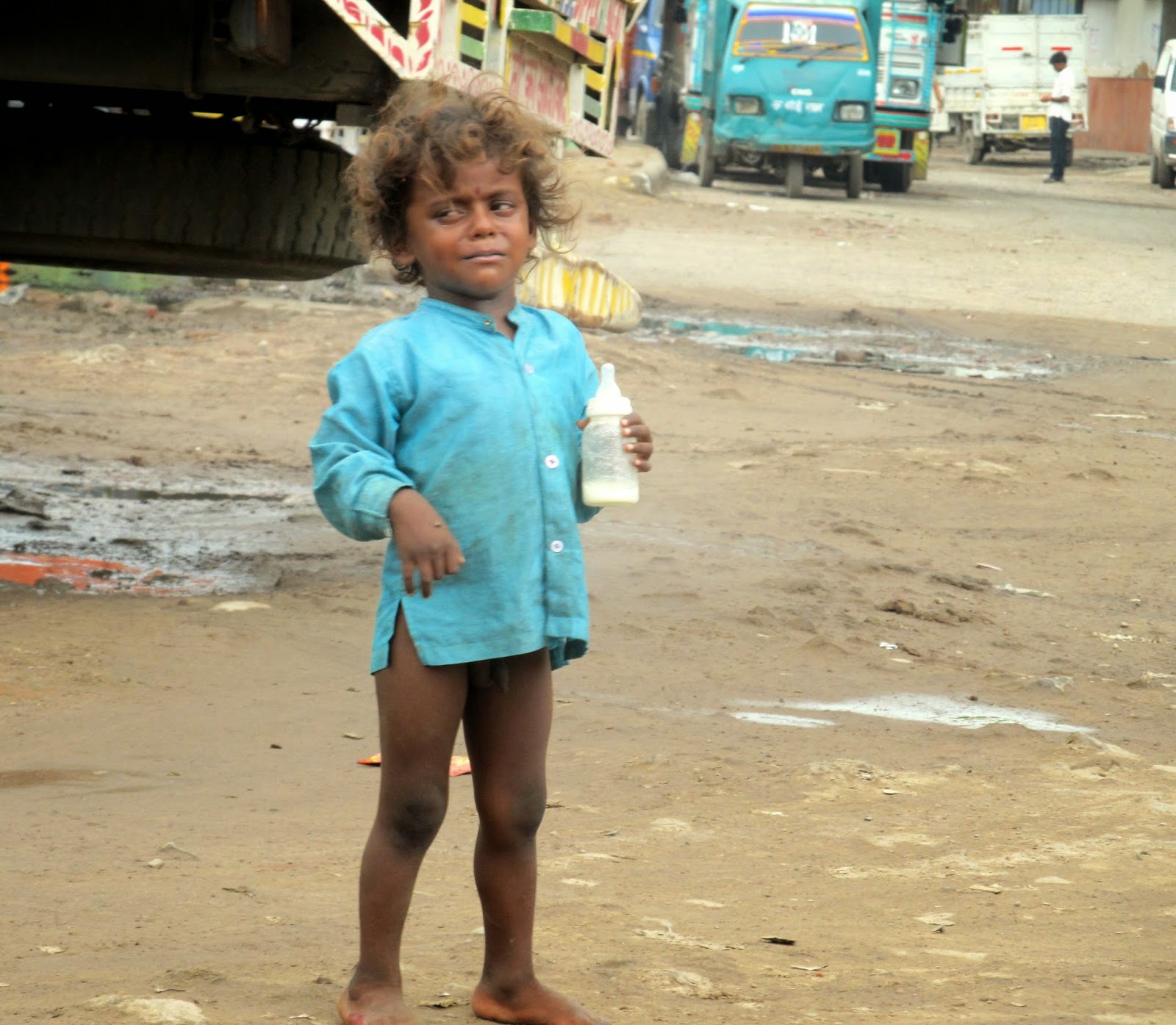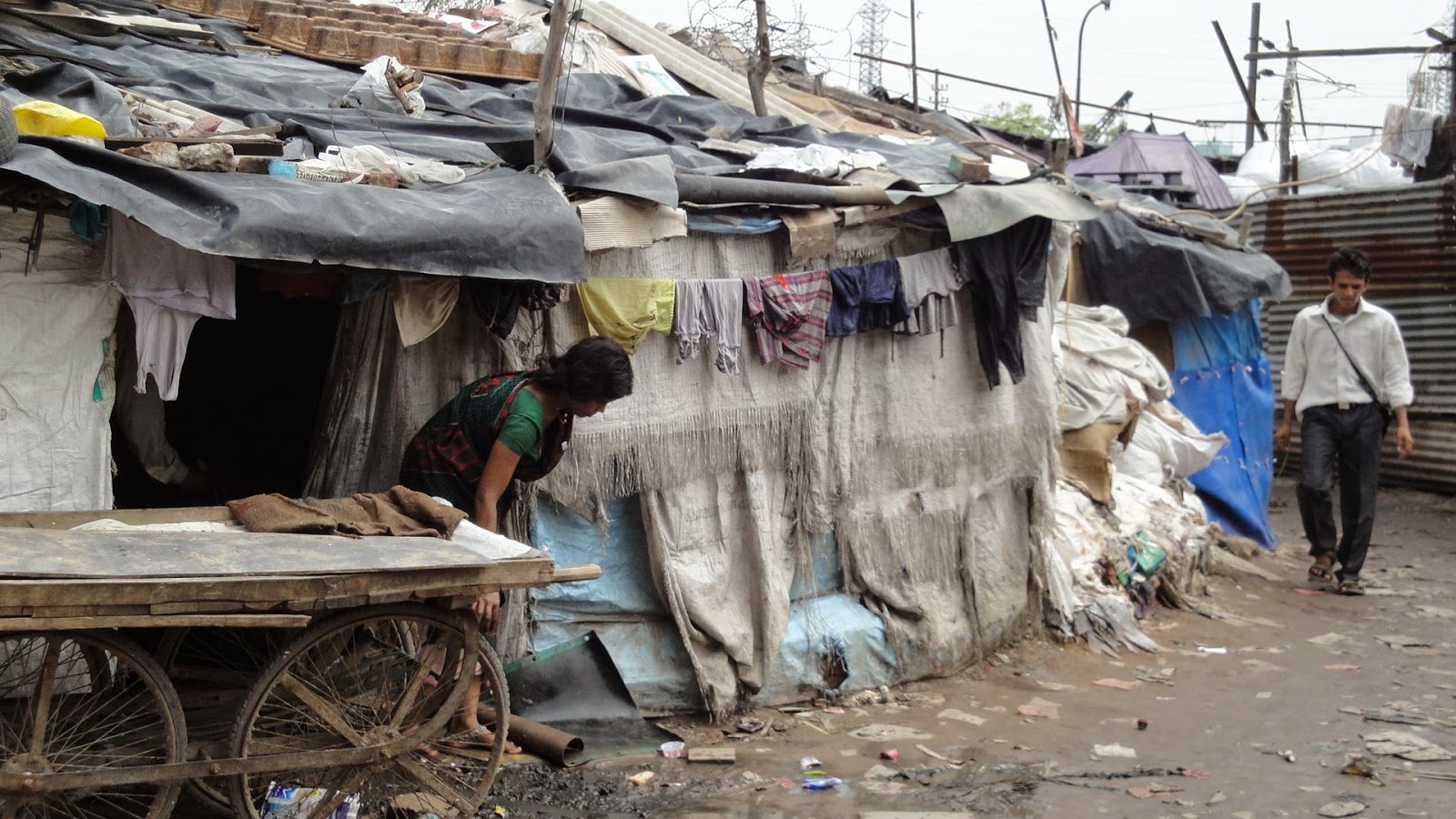I am about to finish reading Zia Haider Rahman’s In The Light of What We Know. It is intriguing as well as delectable and challenges the reader at every page. I am enjoying every line and even find echoes to my own life journey. Somewhere along the way of the narrative that throws out all canons of space and time, I found a comment that hit my very soul. One of the two main protagonists relates a seemingly innocuous event where a member of the aristocracy felt equally comfortable hosting a upmarket Xmas dinner on one day and working a soup kitchen the next. This leads the protagonist in question to state: That is the relation I want with poverty; something that does not bite me each time I see affluence or misery.(In the light of what we know page 380 Picador India).
The later part of the statement truly summarised the almost existential question that plagues me each and every day whenever I see as the author says affluence or misery. True I see more of the later as that is the world I work in and that makes my forays into the world of plenty that much more disturbing. Before I go on in my ramblings, I would just like to mention that the pictures I have chosen to illustrate this blog are pictures taken by the children of our Okhla centre during a workshop where they were asked to take snapshots of their world. I can understand the protagonist of the book saying he would like to be as comfortable in one situation as in the other but I guess that where he and for that matter I come from, that is not possible as we come from countries where misery is visible at every nook and corner of our space. And very time we come across it, we feel what I would describe, at least for myself, a sense of guilt, helplessness, anger, despair all coalesced in an emotion that has no name but hits you each time. So that when we do come across affluence then that unnamed emotion translates into something akin to rage.
My forays into the world of plenty are far and few: an occasional wedding, a visit to a husband’s rich friend’s home or a meal at a club or posh restaurant that one cannot avoid. But my encounter with misery is frequent and is not limited to my actual presence but being part of the path I chose to tread, haunts my waking hours and my dreams. And if that was not enough, then even when I step out of my hole to fulfil an innocuous task, my eyes are drawn to misery. I see it in the worn out face of the old man pushing is still laden fruit cart and start wondering whether he will sell enough to return home and not face the ire of his daughter-in-law to whom he has become a burden; I hear it in the late night call of the vegetable vendor in the dead of winter; I see it in the cobbler sitting on the road and the child begging at the red light in the scorching heat. Those are times when I wish I had the resources to do something more than I do.
What makes it even worse is the dignity and the smiles and the positive attitude of those we have let down with total impunity. No wonder then that I seethe with anger when I see food thrown on the streets following useless and self gratifying religious feeding frenzies or the plates still laden with food that are placed in the large vessels strewn all over marriage halls to make it easier for the affluent to discard what they did not finish. And when I enter homes that are vulgar displays of affluence, I feel physically sick more so when I know that those who own these homes will never agree to spare a coin for lesser beings. I have been down that road and speak with full responsibility.
And when I see what goes as homes for those who are an intrinsic part of the city and who make our lives better, homes that are legitimised to suit vote bank politics, then I want to be able to have the very politicians who come grovelling at election time live in these homes for a given period of time and experience the challenge of doing so. How can one accept such aberrations without batting an eye lid, more so as those who live in these abysmal conditions have the same basic needs as those we want for ourselves.
And yet they dream and do not lose hope, like this child who chose to take the picture of an aeroplane. Maybe he dreams of becoming a pilot, and why shouldn’t he? He is a child born in India, who has the same rights as any other child born in India. The tragedy is that we have forgotten this indubitable truth. Over the years we have systematically closed all doors that could have helped children from humbler homes break the cycle of poverty in which they were born. We have privatised schools, made state education a farce thus making it impossible for the poorer children access to higher education while we have opened with alacrity more doors for our progeny, doors that can be accessed only if you have the means.
I am humbled and amazed as his the poor do not hold anything against us. The kid who took the picture of this gleaming red car parked in front of the factory where his father or the father of his friend works, took it because he likes cars and enjoys watching them. There is no jealously or bad feeling. There is simple acceptance of a reality. It simply ends there. Every time I see misery I hurt and hurt and maybe I want to be able to continue hurting. That is who I am and want to be.









